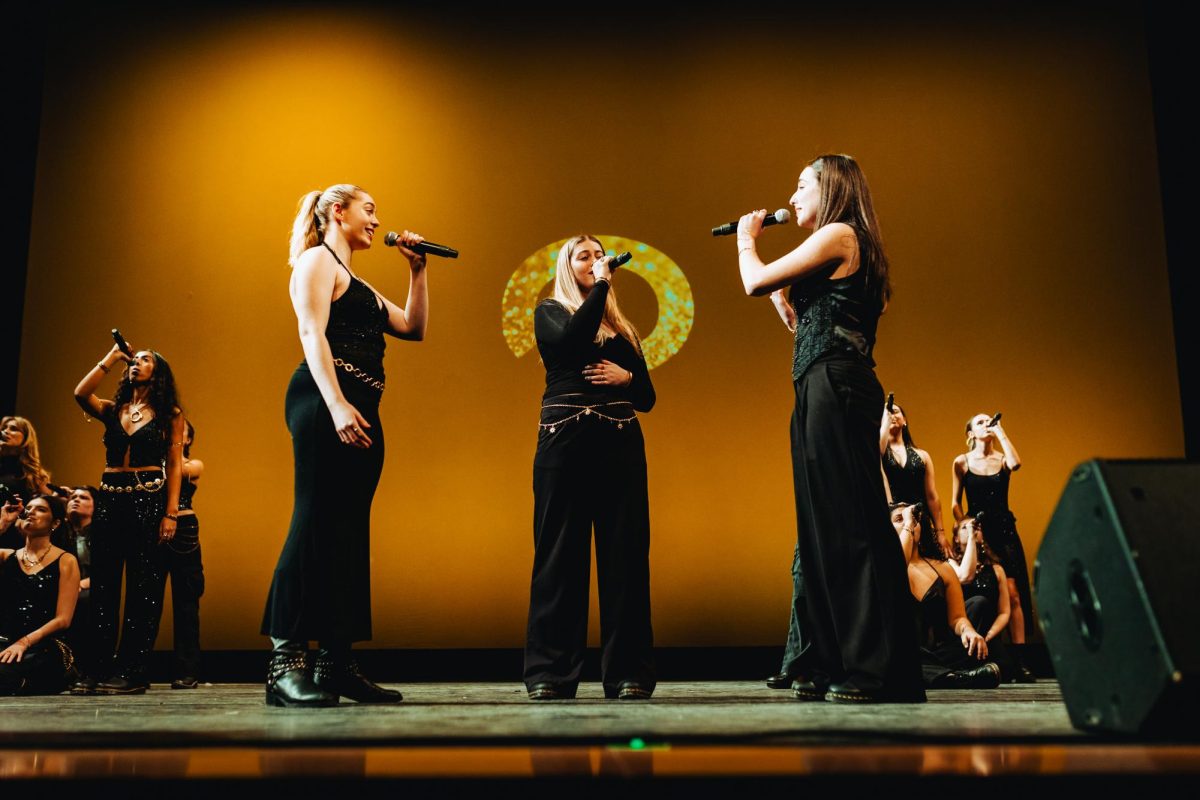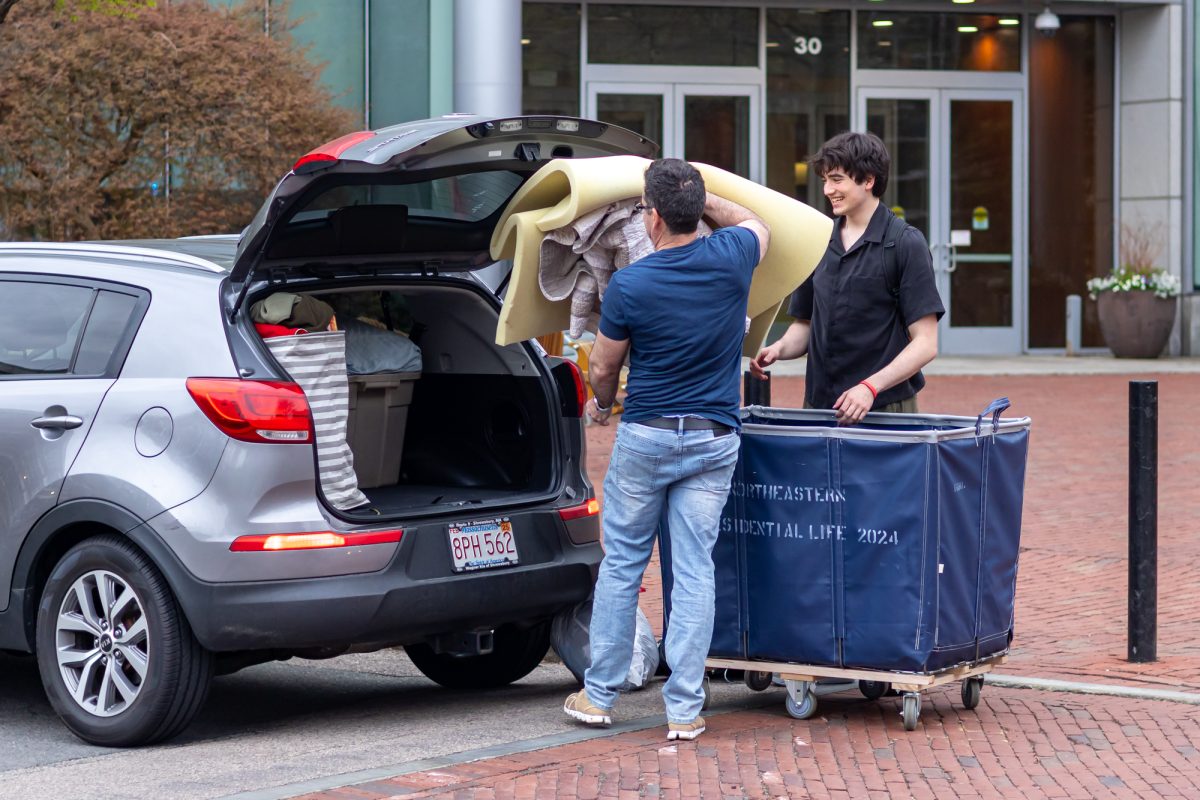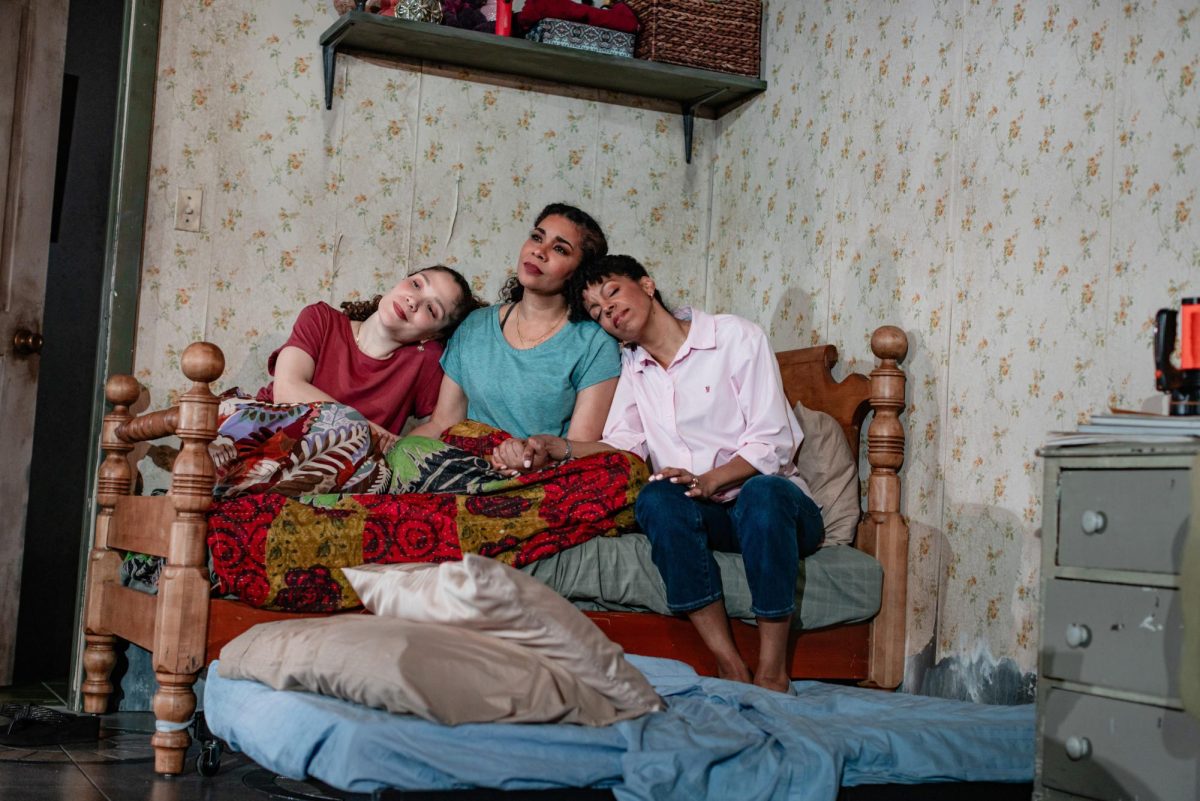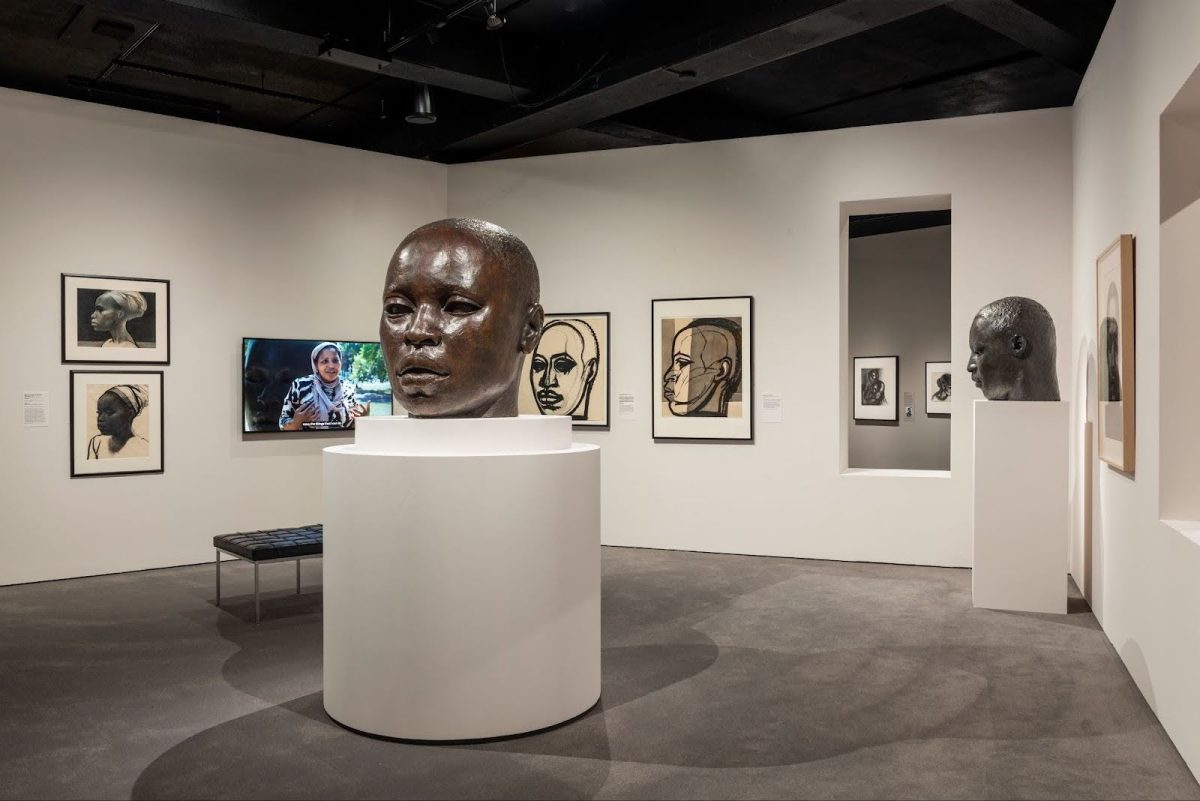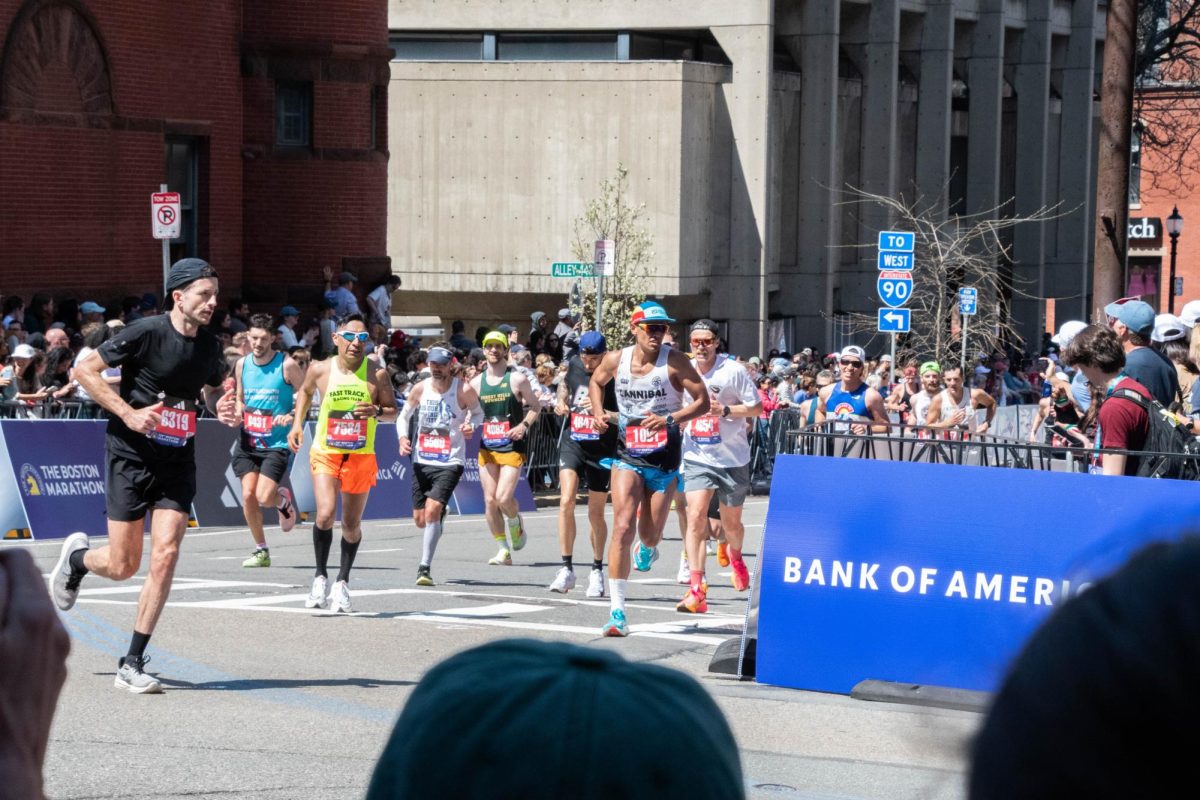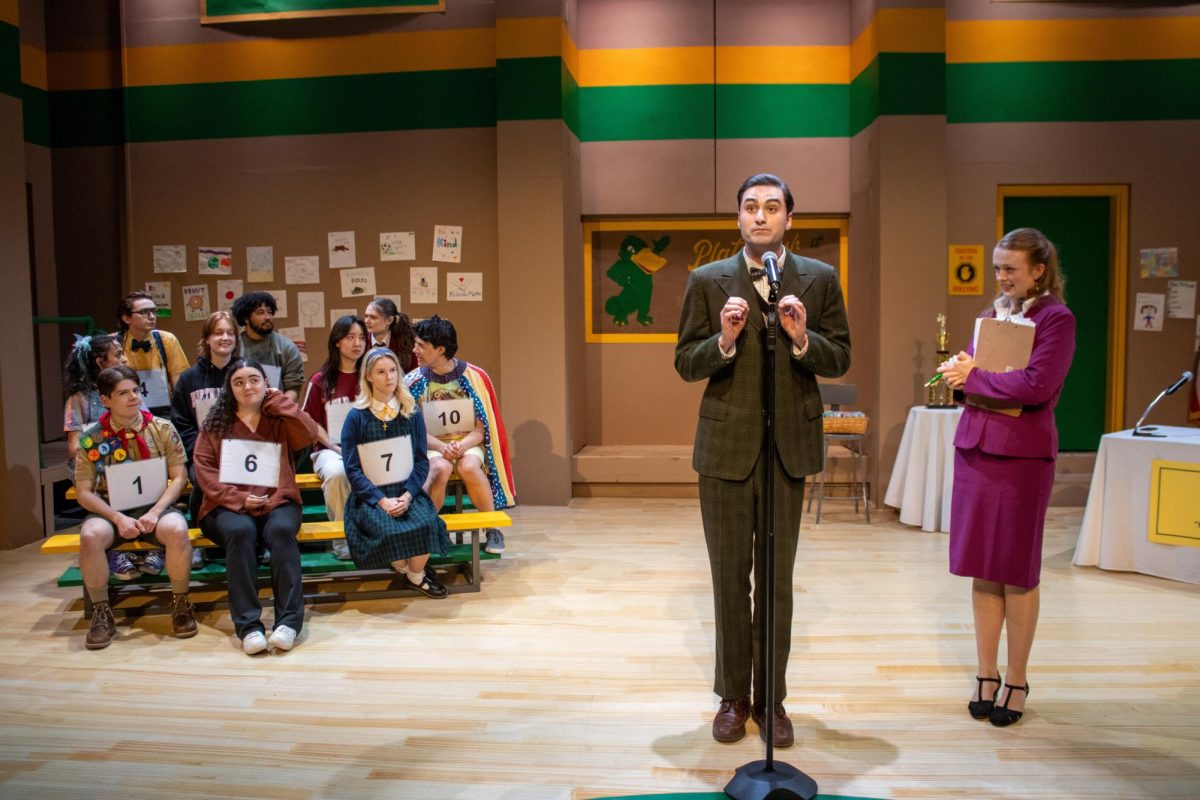Alannah McEvoy-Benisti was never much of a reader — much less a romance fanatic — until she found herself at a mundane co-op, sitting at a desk from 9 a.m. to 5 p.m. with nothing to do. In her realm of boredom, she began reading.
“Within three weeks, I was reading a book a day,” she said. “I actually finished one this morning and I finished one yesterday.”
McEvoy-Benisti, a third-year business administration major, is just one of many college-aged women who have embraced their love of romance novels. Despite the genre’s long history of being created by and for women, romance fiction has often been stigmatized in society and academic spaces. However, new generations of readers have begun openly enjoying and exploring the genre, building a community around their shared interests.
Romance has been a popular genre since the 19th century with the emergence of groundbreaking authors such as Jane Austen and Emily and Charlotte Brontë. In recent years, social media has surged that popularity through online communities like “BookTok” and fanfiction platforms.
The genre grew tremendously during the COVID-19 pandemic as readers looked for something fun, comforting and lighthearted to enjoy when the world felt like anything but. Now, students consume these stories at large and own up to their love for romance novels, unbothered by any stigma that might still exist.
“For a long time, romance novels sort of had a bad reputation,” said Cara Messina, a Northeastern professor and scholar specializing in feminism, writing and fan studies. “Reading them was something that was shameful. So, in the act of doing something that is viewed as shameful, is potentially an act of subversion.”
From romantic book club Slack channels in Northeastern sororities to the campus Fiction Club, students are finding more ways to share their love for the genre.
Isabella Soderstrom, a first-year in the Explore Program, has always been a fan of the romance genre.
“I started reading romance probably when I was about middle school age,” she said. “I kind of got into it because of my mom, because she loves romance novels and I have lots of friends who really like romance.”
Romance fiction spans a wide spectrum of subgenres, from period dramas with iconic covers of men with open shirts to contemporary stories about young adults. Authors like Emily Henry have helped advance contemporary romance fiction with her bestselling novels like “Beach Read,” “People We Meet On Vacation” and “Happy Place.”
Henry writes about ordinary people falling in love but still incorporates the magical romantic charm to it — something that feels good, yet is relatable to readers and women alike.
The rise of the romance genre is something Rachel Kanter noticed when she started her own business by opening Lovestruck Books in 2024. Located in Harvard Square, Lovestruck is Boston’s first romance-only bookstore.
Its location — in the same neighborhood that houses Harvard, one of the most famous and prestigious universities in the world, was not accidental. For Kanter, it was a way of proving society wrong.
“I think sometimes romance gets this kind of like bad rep for being not serious or not a legitimate interest,” Kanter said. “Putting it right in Harvard Square, it forces people to rethink that assumption when they see how popular it is, and they see that all different kinds of folks are coming into the store.”
Kanter sees Lovestruck as a space where all sorts of stories can be celebrated — where people can feel more comfortable pursuing their interests without judgment. Whether snooping through the smut or cheesy rom-com sections, Kanter believes that the message should be: “Read what you want to read, enjoy what you want to enjoy. And don’t let anyone put you down for it.”
Messina also examined the intersection of romance and fan fiction, as both are spaces for writers and readers who have historically been excluded from mainstream publishing.
“Fan fiction didn’t have the same sort of gatekeeping practices that publications and publishers have,” Messina said. “It was pretty easy for women, people of color [and] queer people to publish and produce in ways that they couldn’t otherwise. ”
Even though there’s been a large shift in the way society accepts the romance genre, many still hesitate to talk about it publicly simply because a lot of content contains sexually explicit content.
Social media outlets have created a more inclusive community around romance enthusiasts. “BookTok” across TikTok and other platforms like Instagram has normalized it further, aiming content toward young generations.
“When you’re in the community, it definitely helps you read more books,” said McEvoy-Benisti. “[I] got a lot of recommendations. And I think it honestly is kind of weirdly like a community.”
This embrace of the romance community is not just about books. In a way, it’s an act of feminism. It’s about claiming a space that women enjoy that was made by and for women, a reminder that literature can be for everyone and anyone.
“And people, they might not be super into it, but they’ve at least read one or two books,” McEvoy-Benisti said. “So, I think it’s definitely more normal.”






